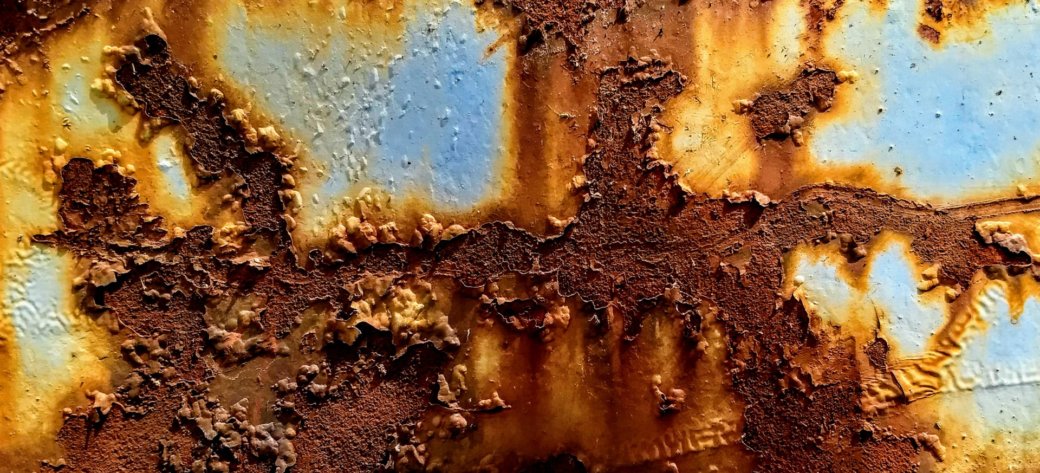
Yes, like many vehicles, Toyota FJ Cruisers are susceptible to rust, particularly in areas where road salt is used during winter months or in regions with high humidity and frequent exposure to moisture. Rust can develop on various exterior and underbody components of the vehicle, including the frame, body panels, suspension components, and exhaust system.
The susceptibility to rust can vary depending on factors such as the vehicle’s age, mileage, maintenance history, and exposure to environmental conditions. Certain areas of the vehicle, such as the rear door hinges and lower portions of the body panels, may be more prone to rust due to their design and exposure to road debris and moisture.
To help prevent rust and prolong the life of the vehicle, owners of FJ Cruisers should…
- Wash the vehicle regularly, especially during winter months or after driving on salt-treated roads.
- Inspect the vehicle for signs of rust or corrosion, paying particular attention to areas prone to rust such as the undercarriage, wheel arches, and door sills.
- Address any rust or corrosion promptly by repairing or replacing affected components.
- Apply rust-inhibiting treatments or coatings to vulnerable areas to provide additional protection.
- Keep the vehicle’s underside clean and free of mud, debris, and other contaminants that can trap moisture and accelerate rust formation.
By practicing regular maintenance and taking proactive measures to prevent rust, owners can help mitigate the effects of corrosion and prolong the life of their FJ Cruiser.
